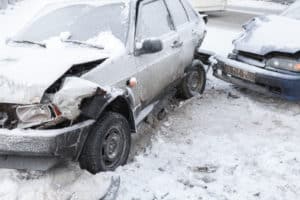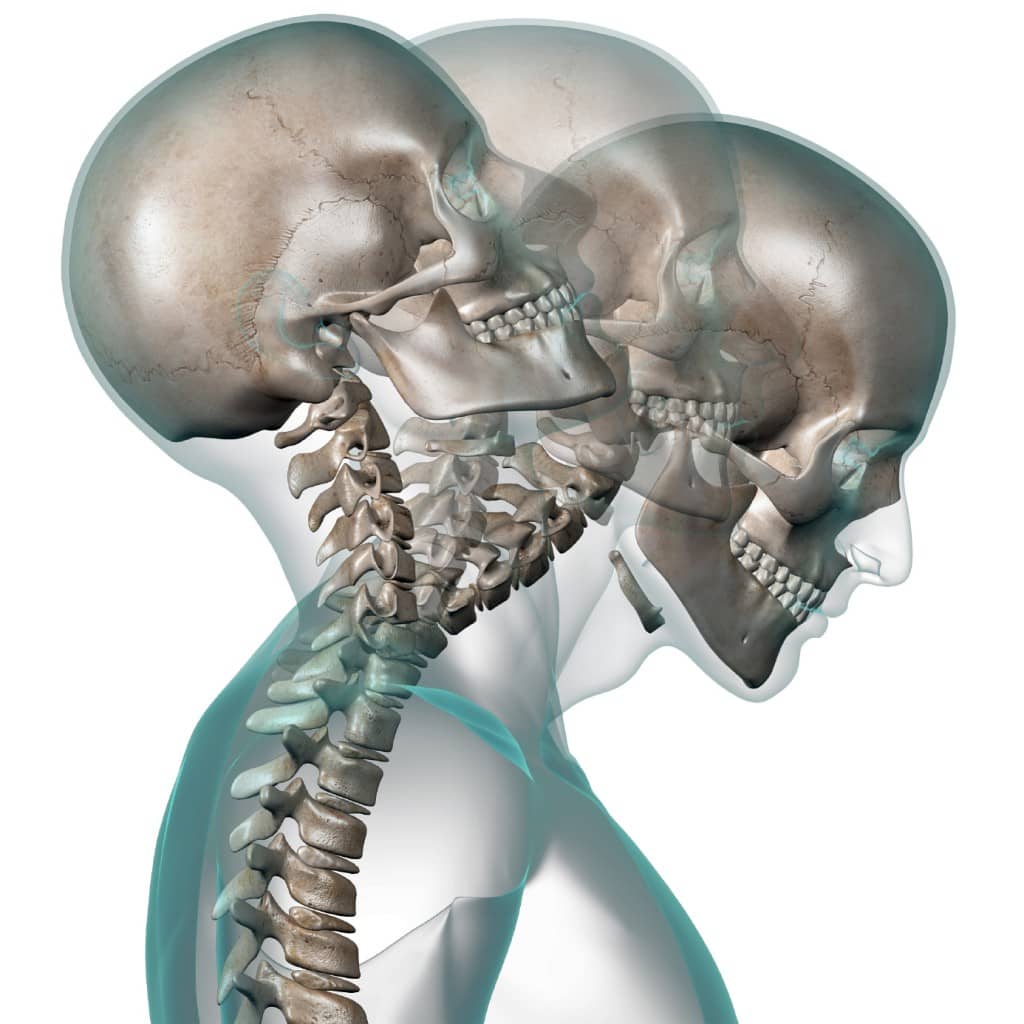Keep These Records After a Car Accident
According to the latest data from the U.S. Department of Transportation, there were nearly 6.3 million car crashes in the United States in 2015, a number that was the highest it had been in more than 10 years. Out of those crashes, there were 32,166 fatalities and more than 1.7 million injuries. Nearly one in three car crashes will result in a serious injury or fatality. If you drive, you should be prepared to take steps to protect yourself if you are in a car crash, and that includes gathering the proper records and evidence in case you decide to pursue a car accident claim.
If you were in a car accident caused by the negligence of another party, and you pursue a car insurance claim or personal injury lawsuit against them, the success of your claim or lawsuit will depend on your ability to prove fault and the extent of your damages. Having proper paperwork helps your case.
Car accidents can be jarring and stressful. Make sure you keep these records so that you have peace of mind you have all the documents you need, should you decide to pursue legal action if the negligence of another made you a car accident victim.
1. Police Report
If you’re seriously injured in a car accident, it’s always a good idea to call 911. Police can file a formal report of the scene of the accident, as well as interview witnesses and the other parties involved. A police report is a document that holds major clout in the eyes of insurance companies and in court.
When talking with police, be honest about what happened, but do not make statements that place fault or blame on you if you are a victim. In the stress of the car accident environment, sometimes victims offer an apology, even when they did nothing wrong. Don’t do this.
As you talk to police, be sure to point out:
- Any traffic violations the other party carried out
- Any suspicious behavior you observe in the other party, such as the smell of alcohol or marijuana
- Anything the other party said, such as admitting guilt
If there are witnesses of the car accident, ask them to stay at the scene until police arrive, so police can question them, as well. At the very least, ask for the name, driver’s license number and phone number/email address of witnesses, so they can be contacted for statements later.
Get a copy of the police report by contacting the police department that came to the scene. Give your name and the names of any other drivers involved, as well as the name/badge number of the officer who came to the scene, and the date and location of the accident. You’ll want to take note of all this information at the accident scene.

2. Car Accident Evidence
In addition to the police report, it’s helpful to document your own evidence of the car accident. Shoot photos or videos of the damage to your car, as well as damage to any other vehicles involved. If property was harmed in the accident, take photos and videos of that. If there are signs of a car accident like skid marks, take photos of those, too.
You can also document any physical injuries to you or other passengers. If you hear questionable statements from any party, write them down in addition to telling police about them. If your injuries prevent you from gathering evidence at the car accident scene, ask someone for help in doing so, including from police.
After the accident, you may also want to contact businesses close by, who may have had video surveillance and footage of the accident. A video of the accident while it occurred can be extremely helpful.
3. Medical Records
It’s essential to keep all records of medical treatment you receive. It’s helpful to create a binder dedicated to housing all records from your car accident, so you have everything organized in one place. Make sure to keep all your bills in addition to treatment documents. Treatment documents include treatments received, diagnoses, prescribed medications and any other files that contain medical recommendations.
Your medical treatments may last months or more. Gather records that range from emergency medical services you receive at the scene of the accident, all the way to physical therapy that occurs weeks or months after the accident. Verbally request these at your appointments, or call the medical/billing department at your healthcare provider to obtain them.

4. Lost Wages Proof
If you have to miss time off work due to your injury, you’ll want to quantify how much money you’ve lost by showing proof of income. To do this, gather any pay stubs and/or tips records that show your income.
If you receive any documentation from your employer, keep those records, too. If your injury prevents you from returning to work altogether, keep any documentation that shows those losses.
5. Vehicle Repairs and Damage
As you get your vehicle repaired after the accident, keep all records documenting repair work. If your vehicle was totaled, you’ll want to get documentation that shows the estimated value of your car before it was destroyed. If your vehicle was towed away from the scene, contact the towing company and ask them to keep the vehicle intact until it can be examined and documented.
You can consult with several auto body repair shops to get an accurate estimate of damages. Your car insurance company will likely play a prominent role in assessing damages, as well, so retain all documents sent from them.
6. Personal Account
Because you may not file a claim or lawsuit until well after the car accident has occurred, the more details you can remember and have access to, the better. Keep in mind, though, that the statute of limitations for filing a personal injury lawsuit in Alabama is two years, which means you must file a lawsuit within two years of your accident.
To keep the details of your accident fresh in your mind, keep an accident journal. This will help especially when you provide testimony in your case. It will also be of great assistance to your legal team.
Begin your journal on the day of your accident. In your journal, document everything that happened at the scene of the accident and how your injuries progress. Also, note vehicle repair chronology. A journal can help you see how the severity of the accident impacts your life, from the medical treatment you have to receive, to how it affects your work. Make sure to date each entry and write about how you’re feeling physically, mentally and emotionally.
Contact a Birmingham Car Accident Lawyer for Help
If you are a car accident victim, the Birmingham car accident attorney team at Pittman, Dutton, Hellums, Bradley & Mann, P.C. can help. We offer no-obligation, free consultations and will only take on your case if we believe we can win. You don’t pay unless your case is successful.
If you’ve compiled records like those mentioned, those are helpful in how we determine what your case is worth. Contact us for a free consultation today.







